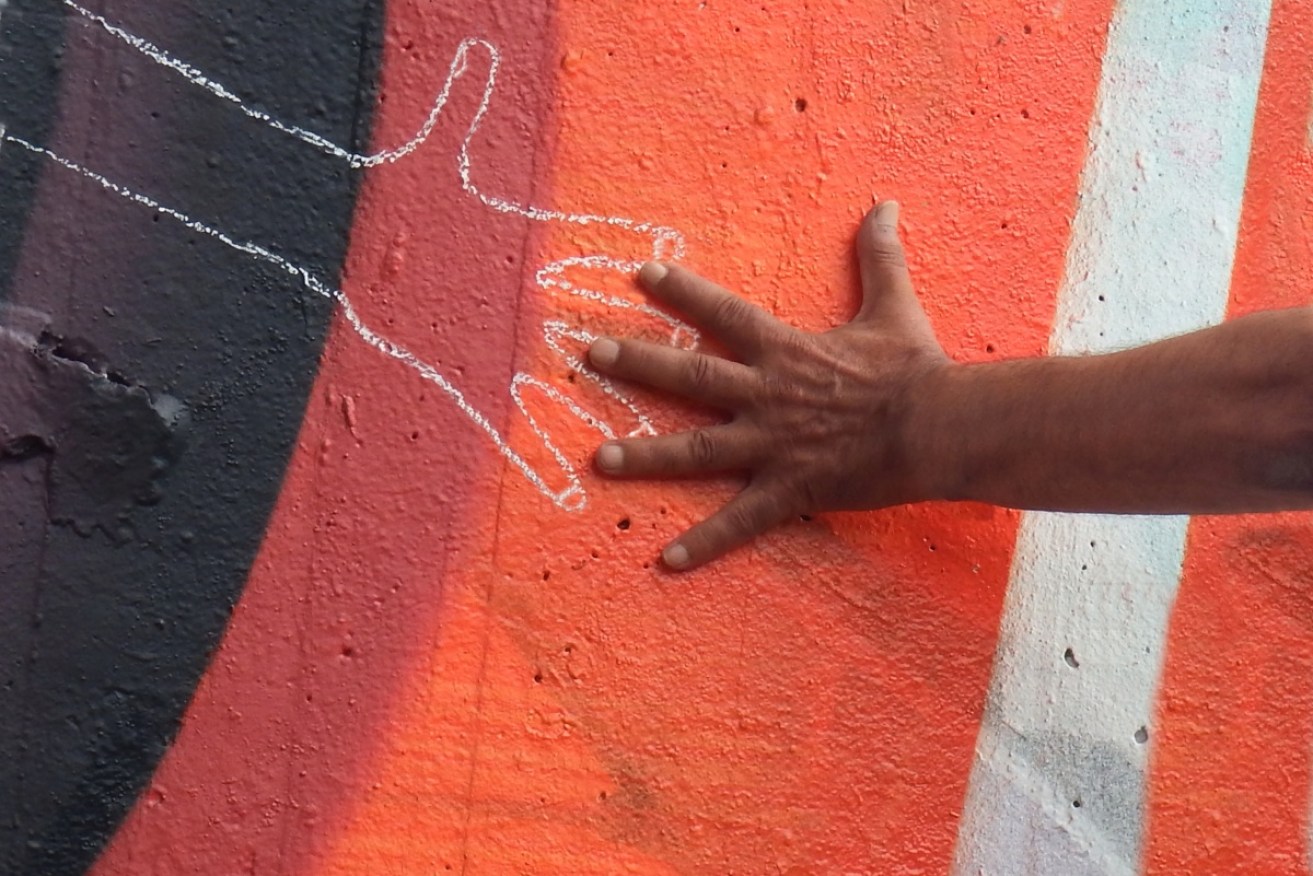How and where to find mental health support when you need it

Navigating the system to get help for mental health can be confusing and overwhelming. Photo: Getty
There’s no doubt mental health is a growing concern in Australia. Every year, one in five Australians will have a mental illness issue – and almost one in two of us will be affected at some stage in our lives.
Mental health problems can affect quality of life, work and finances, relationships and physical health. All of which means access to effective, high quality mental health care is critically important.
Yet, according to the Australian Medical Association, Australia has no overarching mental health strategy.
In January, the AMA called for increased government investment in preventing and treating mental illnesses. President Dr Tony Bartone said funding for mental health was insufficient.
“This means that people with depression and anxiety are waiting weeks and months to gain access to health practitioners, referral pathways and support programs or appointments,” he said.
“These delays in treatment and support can then allow their mental health condition to worsen.”
But despite the criticism, the National Mental Health Commission said it was important that anyone needing help was not deterred from seeking it.

Delays in seeking help can make the problem worse. Photo: Getty
Navigating the health system for yourself or helping a loved one can be confusing or overwhelming. Here are the common barriers to getting help, with tips on how to overcome them.
Not knowing where to go
“Your GP is the best starting point,” beyondblue lead clinical adviser Dr Grant Blashki said. “GPs usually know the local mental health services and can refer you to other appropriate health professionals best suited to your mental health condition.”
What you should do
- Make a long appointment with your GP. This should allow enough time to write a mental health plan if needed;
- Access the government’s Head to Health site. It offers information on mental health conditions, how to support yourself or someone else and information on service providers;
- Try beyondblue’s support service, either by calling the 24-hour line 1300 224 636 or here;
- Look up the mental health line for your state here.
The cost of counselling
Your GP can create a mental health plan for you, if required. But this does not mean that counselling is free.
“A mental health plan entitles people to access between six and 10 Medicare-subsidised consultations with a mental health professional, such as a psychologist or psychiatrist,” Dr Blashki said.
“The overall fee is determined by the practitioner and there may be a gap fee.”
The gap can be $40-$80, or even more, making regular counselling too expensive for some.
What you should do
- Seek support from family and friends: While you are finding a counsellor, having trusted people to talk to can make you feel less alone and remind you that you are loved, valued and worthwhile;
- Call around: Some psychologists and GPs who specialise in counselling offer sessions with no or minimal gap fees.
- Try the New Access Program: “This service is now available in a number of regions around Australia and offers a high-quality, no-cost option for people who require less intensive psychological treatments,” Dr Blashki said. More information;
- HeadSpace: Anyone aged 12-25 can attend a HeadSpace centre for free psychological treatment;
- Community health centres often provide low-cost or free counselling;
- Mental health websites: “If you are waiting for support but not in crisis, or trying to find counselling you can afford, it is good to read about mental health issues and treatments,” Dr Blashki said. Reliable information can be found at beyondblue and Sane.
Are you going through a tough time or need someone to talk to? headspace is a safe space for young people, their families and friends to get help. You can find out more about us, and how we can support you here: https://t.co/srekyThOha pic.twitter.com/totBWrURF7
— headspace (@headspace_aus) January 8, 2018
Lack of rural services
Dr Bartone said people in rural areas who had mental health issues sometimes had to wait weeks for a GP’s appointment, and months more to see a psychologist.
This can mean delays in getting medication, a mental health plan and counselling.
What you should do
- Ask about Telehealth. “This still requires referral from a GP, but it may allow you access to psychologists via Skype,” Dr Bartone said.
- Start an online counselling program: This can be done while you are waiting for face-to-face appointments. Good options can be found at My Compass, Mental Health Online and This Way Up.
Fear of stigma
Fear of being seen as weak or labelled as unstable can mean many people put off seeking help – which Dr Bartone said was a worry.
“They can then allow depression or anxiety to worsen, and may leave some people more at risk of self-harm,” he said.
What you should do
- Join a beyondblue forum, where you might find others who are going through similar experiences;
- Treat your mental health condition like any other illness: “Remind yourself that – just as you would see a specialist for a heart problem – you need specialist professional care for mental health issues,” Dr Blashki said. “Depression and anxiety should never be toughed out alone.”
Where to get help
If you need urgent support:
- Go to your nearest hospital
- Call Lifeline: 131 114
- Call the Suicide Callback Service: 1300 659 467
- Call the Mental Health Line in your state








